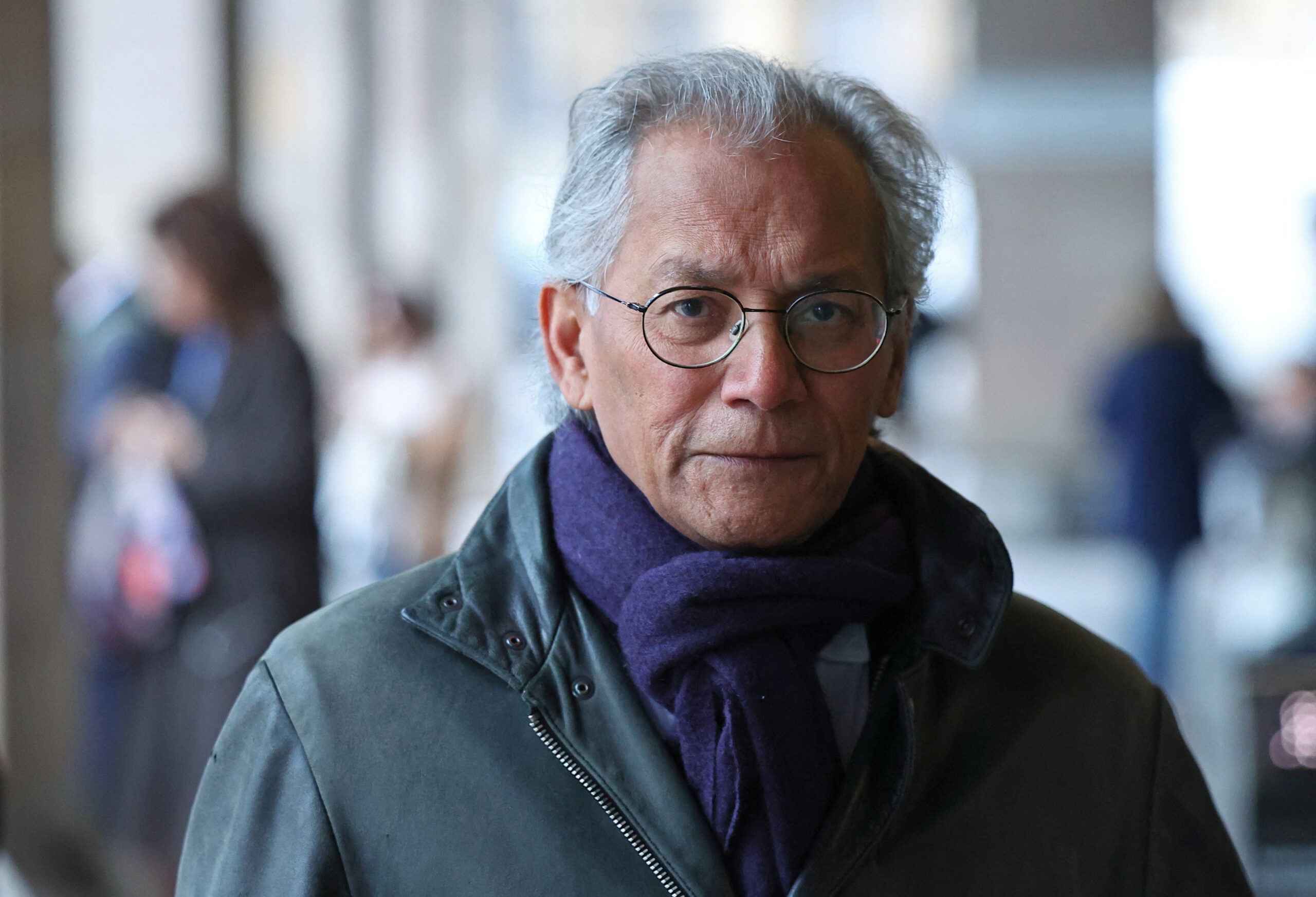- Sunday, April 20, 2025
The Tory government named veteran TV executive Samir Shah as its choice to replace Richard Sharp

By: Pramod Thomas
THE government’s choice for the next BBC chairman, Samir Shah, faces reservations from MPs who questioned his suitability for the role, reports said.
Shah appeared before the House of Commons committee ahead of his formal appointment, where concerns were raised about his ability to challenge BBC executives.
While the committee acknowledged Shah as “appointable as chair,” they expressed “serious reservations” regarding his strength and character to provide robust leadership.
During the hearing, Shah declined to express opinions on key issues, including changes to local radio and cuts to Newsnight, drawing disappointment from the MPs.
The committee highlighted Shah’s reluctance to address fundamental principles such as board-level interference and political impartiality.
Despite Shah’s comments on Gary Lineker’s social media use, the MPs emphasised the need for a more comprehensive approach to critical BBC issues.
Earlier this month, the government chose Shah as new BBC chairman after the previous incumbent was forced to quit earlier this year over a loan to then-prime minister Boris Johnson.
Shah has worked in television for more than 40 years and has held a number of roles at the BBC, including as head of current affairs.
Caroline Dinenage, the committee chair, expressed disappointment in Shah’s unwillingness to express views on fundamental principles.
“We were disappointed that Dr Shah was unwilling to express a view on such fundamental principles as board-level interference and political impartiality, nor demonstrate an appetite for the robust challenge that is needed at the top of the BBC,” Dinenage was quoted as saying.
“It is now for the government to consider whether to go ahead with the appointment. If they decide to proceed, we expect Dr Shah to appear before us in the new year to demonstrate he has addressed our concerns.”
The committee’s report expressed disappointment that Shah refrained from expressing opinions on crucial principles like board-level interference and political impartiality within the BBC and other entities.
According to the report, Shah’s evidence did not adequately demonstrate the strength and character required to confront the executive leadership of the corporation.
The committee also questioned his ability to deliver the robust challenge necessary for BBC leadership in the current circumstances.
It expects Shah to address concerns in a follow-up appearance in January if the government proceeds with the appointment.
According to reports, the government is yet to decide whether to proceed with Shah’s appointment as BBC chairman. If confirmed, Shah would succeed Richard Sharp, who resigned in April.
The Department for Culture, Media and Sport welcomed the committee’s acknowledgment of Shah’s appointability, citing his over 40-year career in TV production and journalism.
A spokesperson said, “We thank the committee for their report, which confirms the committee’s view that Shah is appointable for the role of BBC chair. Shah’s over 40-year career in TV production and journalism coupled with his ambition to see the BBC succeed make him well-equipped to take on the job. We will review the committee’s recommendations in greater detail and respond in due course.”
The BBC is currently looking to make £500 million in savings and recently announced cutbacks to its flagship Newsnight programme.